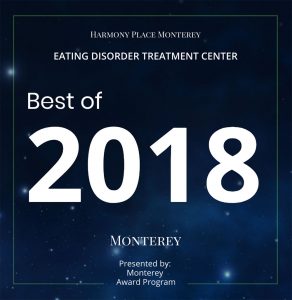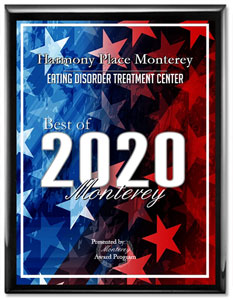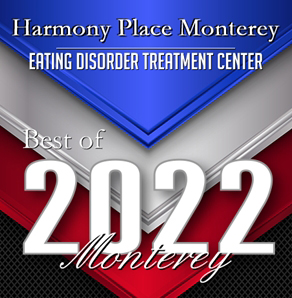FREE LIVECAST WEBINAR
ATTACHMENT-BASED PSYCHOTHERAPY
Dr. Mark Schwartz
2.0 CEs available to viewers with the completion of an online evaluation form >>
This workshop provides 2.0 CEs to all attendees. Application made to CEPA for 6 hours of Continuing Education Credit for MFTs LPCCs, LEPs, and LCSWs as required by the California Board of Behavioral Sciences.
DOWNLOADABLE POWERPOINT IN PDF
OUTLINE: ATTACHMENT-BASED PSYCHOTHERAPY
with Mark Schwartz, Sc.D.
-
- Fascilitating Earned Secure Attachment
- Family Loyalties
- Metacognitive Work
- Fascilitating Self-diiferentiation
- Coherent Narratives
- Structural Dissociation
- Blocks to Intimacy with Self and Others
- Affect Expression
This webinar will review our work on Attachment-based Psychotherapy with clients presenting with disorganized attachment. Ogawa and Associates documented that clients having disorganized attachment in infancy present with adult dissociative disorders. Therefore, our first priority in therapy is to focus on structural dissociation.
Polarized internal parts of self are at civil war. Gestalt or Parts Work is critical to end the fighting and move the parts of self to a more peaceful interplay.
The second focus of this webinar is about helping the client create a coherent life narrative. An avoidant attachment style tends to diminish affect and blocks developmental details, making it difficult to establish a coherent narrative. Interviewing family members can help fill in those details.
A preponderance of anxious or preoccupied attachment often results in the client being overly focused on anger toward, or idealization of, caretakers, resulting in exceptionally long narratives. We will review the best approaches for these attachment styles.
Third, a client’s relationship with self is often filled with shame, fear, and self-hatred. Helping the client access the “inner child” and using other group and expressive therapy formats can facilitate self-empathy.
Metacognitive therapies such as acceptance and commitment therapy are also useful for self-acceptance and reversing perseverative, negative thought processes.
Life coaching can also be critical to restructure and reduce the external chaos in the client’s home or lifestyle. The webinar will discuss trauma reenactment, destructive relational boundaries, and core-related conflicts and how to confront them.
This webinar also reviews each area of the outline in depth and offers specific guidelines and other treatment approaches.





